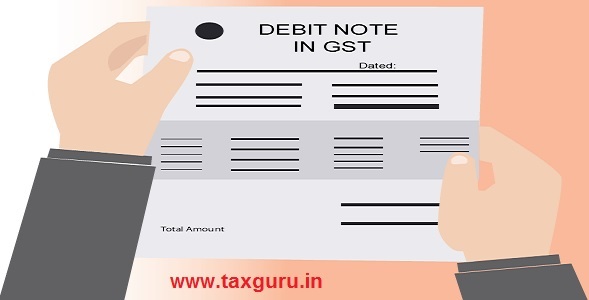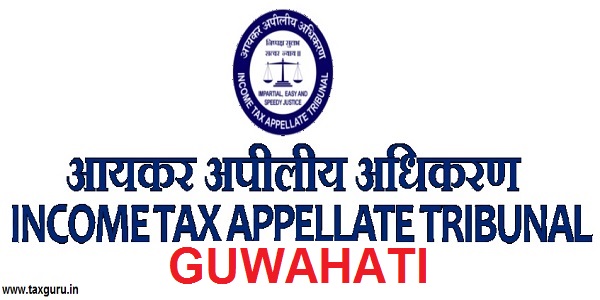Introduction:
A supplier of goods or services or both is mandatorily required to issue a tax invoice. However, during the course of trade or commerce, after the invoice has been issued there could be situations like:
- The supplier has erroneously declared a value which is less than the actual value of the goods or services or both provided.
- The supplier has erroneously declared a lower tax rate than what is applicable for the kind of the goods or services or both supplied.
- The quantity received by the recipient is more than what has been declared in the tax invoice.
- Any other similar reasons.
In order to regularize these kinds of situations the supplier is allowed to issue what is called as debit note to the recipient. The debit note also includes supplementary invoice.

Meaning:
When a tax invoice has been issued for supply of any goods or services or both and the taxable value or tax charged in that tax invoice is found to be less than the taxable value or tax payable in respect of such supply, the registered person, who has supplied such goods or services or both, shall issue to the recipient a debit note containing the prescribed particulars.
Format:
There is no prescribed format but debit note issued by a supplier must contain the following particulars, namely: –
a) name, address and Goods and Services Tax Identification Number of the supplier;
b) nature of the document;
c) a consecutive serial number not exceeding sixteen characters, in one or multiple series, containing alphabets or numerals or special characters hyphen or dash and slash symbolised as “-” and “/” respectively, and any combination thereof, unique for a financial year;
d) date of issue;
e) name, address and Goods and Services Tax Identification Number or Unique Identity Number, if registered, of the recipient;
f) name and address of the recipient and the address of delivery, along with the name of State and its code, if such recipient is un-registered;
g) serial number and date of the corresponding tax invoice or, as the case may be, bill of supply;
h) value of taxable supply of goods or services, rate of tax and the amount of the tax debited to the recipient; and
i) signature or digital signature of the supplier or his authorized representative.
Tax liability:
The issuance of a debit note or a supplementary invoice creates additional tax liability. The treatment of a debit note or a supplementary invoice would be identical to the treatment of a tax invoice as far as returns and payment are concerned.
Records:
The records of the debit note or a supplementary invoice have to be retained until the expiry of seventy-two months from the due date of furnishing of annual return for the year pertaining to such accounts and records. Where such accounts and documents are maintained manually, it should be kept at every related place of business mentioned in the certificate of registration and shall be accessible at every related place of business where such accounts and documents are maintained digitally.
Conclusion:
The debit note or a supplementary invoice is therefore a convenient and legal method by which the value of the goods or services in the original tax invoice can be enhanced. The issuance of the debit note will easily allow the supplier to pay his enhanced tax liability in his returns without requiring him to undertake any other tedious process.
Click Here For GST Notifications





















